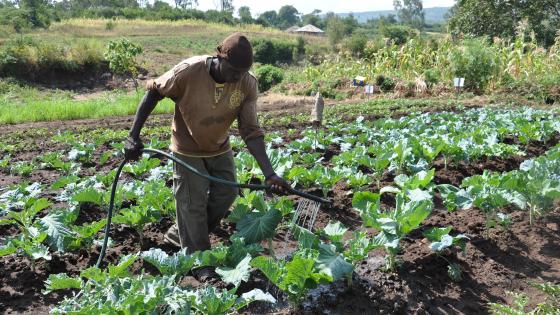DP12232 Moral Hazard: Experimental Evidence from Tenancy Contracts
Agricultural productivity is particularly low in developing countries. Output sharing rules that make farmers less-than-full residual claimants of their produce are seen as one of the main drivers of low agricultural productivity. We report results from a field experiment designed to estimate and understand the effects of sharecropping contracts on agricultural input choices, risk-taking, and output. The experiment induced variation in the terms of sharecropping contracts. After agreeing to pay 50% of their output to the landlord, tenants were randomized into three groups: (i) some kept 50% of their output; (ii) others kept 75%; (iii) others kept 50% of output and received a lump sum payment at the end of their contract, either fixed or stochastic. We find that tenants with higher output shares utilized more inputs, cultivated riskier crops, and produced 60% more output relative to control. Income or risk exposure have at most a small effect on farm output; the increase in output should be interpreted as an incentive effect of the output sharing rule.

